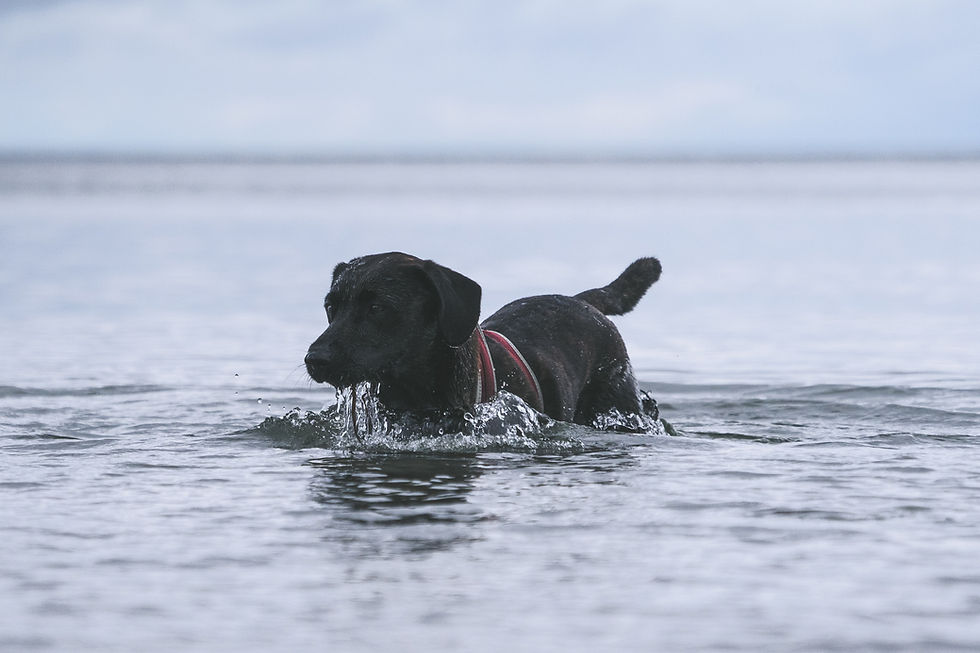Lets talk mushrooms toxic to dogs
- wuffwuffspetcare
- Jul 24, 2025
- 2 min read
What Every Dog Owner Should Know
When it rains, mushrooms pop up in unexpected places — and that can be dangerous for your dog. Some wild mushrooms are highly toxic and can cause serious health problems or even death if ingested. As a responsible dog owner, it’s important to know where these mushrooms grow and how to keep your pup safe.
🌧️ Why Mushrooms Are a Risk After Rain
Rain creates the perfect conditions for mushrooms to grow.
Fungi thrive in damp, shaded areas — exactly where your dog loves to explore.
Dogs are curious sniffers and may eat mushrooms without hesitation.
🌿 Common Places Mushrooms Grow
Keep a close eye out in these areas after it rains:
🌳 Under trees, especially in wooded parks and forests
🌾 In fields or meadows with decaying vegetation
🌱 Along walking trails or garden edges
🌸 In mulched flower beds
🏡 In your own garden, especially near compost piles or tree stumps
🍄 Why Mushrooms Are Dangerous to Dogs
Some wild mushrooms contain neurotoxins, liver toxins, or hallucinogens.
Dogs may experience symptoms within minutes or hours of ingestion.
Just a small amount of certain mushrooms can be deadly.
🚫 Signs Your Dog May Have Eaten a Toxic Mushroom
Know the signs:
Vomiting or diarrhea
Drooling excessively
Tremors or seizures
Lethargy or weakness
Jaundice (yellowing of eyes/gums)
Uncoordinated movement (wobbliness)
🐾 How to Protect Your Dog
Supervise your dog closely during and after rainy weather.
Check garden & regular walking paths for mushrooms and remove them promptly.
Teach your dog the "leave it" command for unfamiliar objects or plants.
Avoid allowing your dog to roam off-leash in wooded or overgrown areas.
Never assume a mushroom is safe — even experienced foragers avoid many wild fungi.
🩺 What to Do If Your Dog Eats a Mushroom
Try to take a photo of the mushroom if safe to do so.
Do NOT wait for symptoms -
Call your vet or a pet poison hotline:
ASPCA Animal Poison Control: 888-426-4435
Pet Poison Helpline: 855-764-7661





Comments